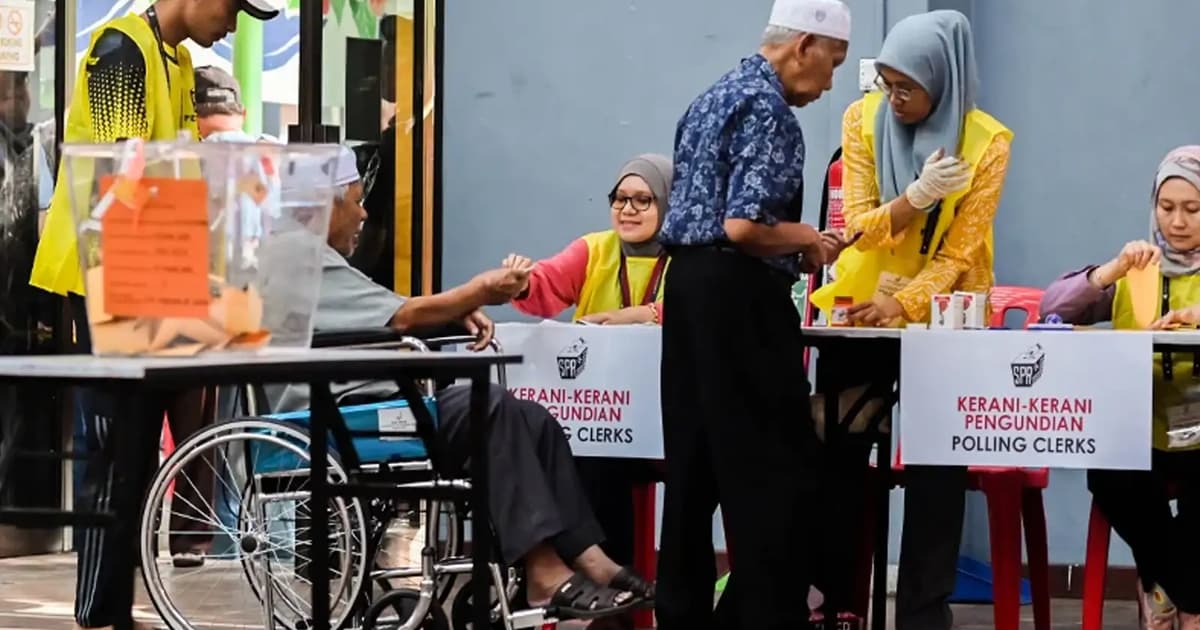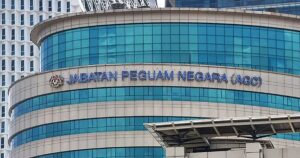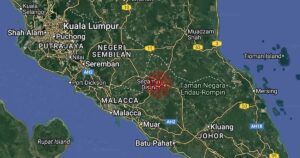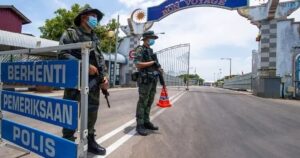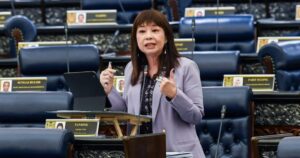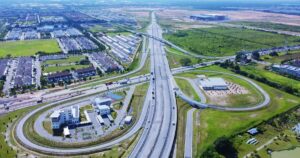
There are more than 1.1 million voters aged between 21 and 49 who are expected to play a key role in the outcome of the upcoming Sabah state election, say analysts.
Bilcher Bala, of Universiti Malaysia Sabah, and Syahruddin Awang Ahmad said political parties must therefore offer these voters concrete solutions to issues such as the economy, cost of living, and job prospects.
According to data from the Election Commission (EC), 1,784,843 voters are eligible to vote in the state polls on Nov 29 based on the electoral roll as of August.
There are 406,950 voters in Sabah aged 21 to 29, 426,170 (30-39), and 313,102 (40-49), thus totalling 1,146,222 people.
There are also 224,128 voters aged 50 to 59, 171,682 (60-69), 126,979 (18-20), 75,620 (70-79), 24,873 (80-89), and 15,339 (90 and above).
Bilcher and Syahruddin said voters in their 20s to 40s are not only the largest demographic but also tend to make decisions based on rational considerations rather than political sentiment.
Bilcher noted that this group has shown consistent participation in politics and often determines the results of many state and parliamentary seats.
“They are at a stage in life where they’re building careers, raising families, and managing household finances,” he told FMT.
“Their main priorities are economic security, stable employment, and a calm political environment,” he said, adding that rising living costs, post-pandemic economic uncertainty, and access to development opportunities are also key concerns.
He said rhetorical or populist campaign narratives are unlikely to sway this group, who prefer clear, evidence-based policy proposals.
“Voters want proof, not slogans,” he said, stressing the importance of credible candidates who can implement Sabah’s policy agenda.
Meanwhile, Syahruddin, a researcher with Borneo Geo-Politics & Electoral Studies, said middle-aged voters feel greater economic pressure as they shoulder household costs.
“They don’t just want political stability, they also want disposable income and sustainable employment. Basically, a life that can be planned,” he said.
He added that political parties in Sabah must go beyond rhetoric surrounding the Malaysia Agreement 1963 (MA63) and instead present inclusive economic development policies that can generate high-value jobs.
“Issues like quality investment, local inflation control, and affordable housing resonate deeply with these voters.
“Manifestos should be realistic, prioritising administrative efficiency and effective service delivery.”
